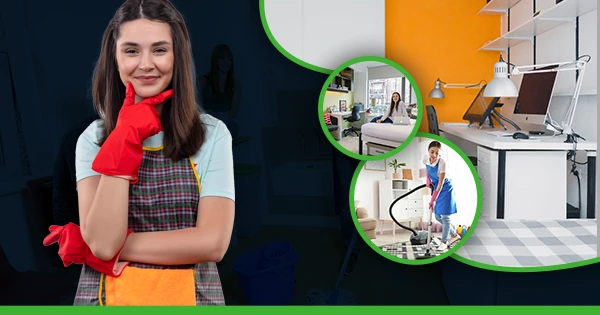Keeping student accommodation clean is a constant challenge, given the high turnover of residents and the busy lifestyle of students. A structured cleaning routine not only improves hygiene but also ensures a welcoming and healthy living space for all tenants.
Why Student Accommodation Cleaning Matters
Cleanliness in student housing is essential for maintaining health, reducing allergens, and preventing the spread of bacteria. A well-cleaned space creates a comfortable environment that supports both study and relaxation.
End of Tenancy Cleaning for Student Housing
With frequent tenant changes, end of tenancy cleaning becomes crucial. It ensures that each room is thoroughly cleaned and ready for the next occupant, maintaining property standards and student satisfaction.
Deep Cleaning for Long-Term Freshness
While routine cleaning covers the basics, periodic deep cleaning services are necessary to tackle hidden dirt, stubborn stains, and areas that are often overlooked. This guarantees a fresher and healthier living environment for students.
Conclusion
Student accommodation requires consistent cleaning efforts to keep spaces hygienic and inviting. By combining end of tenancy cleaning with regular deep cleaning, property managers can ensure a safe, comfortable, and sparkling clean environment for all students.


